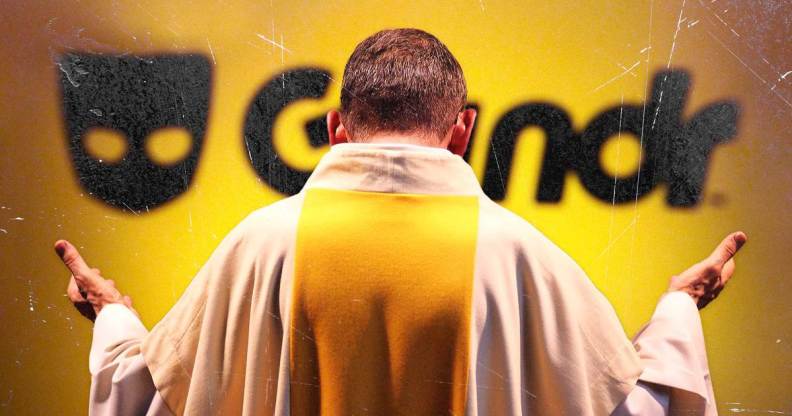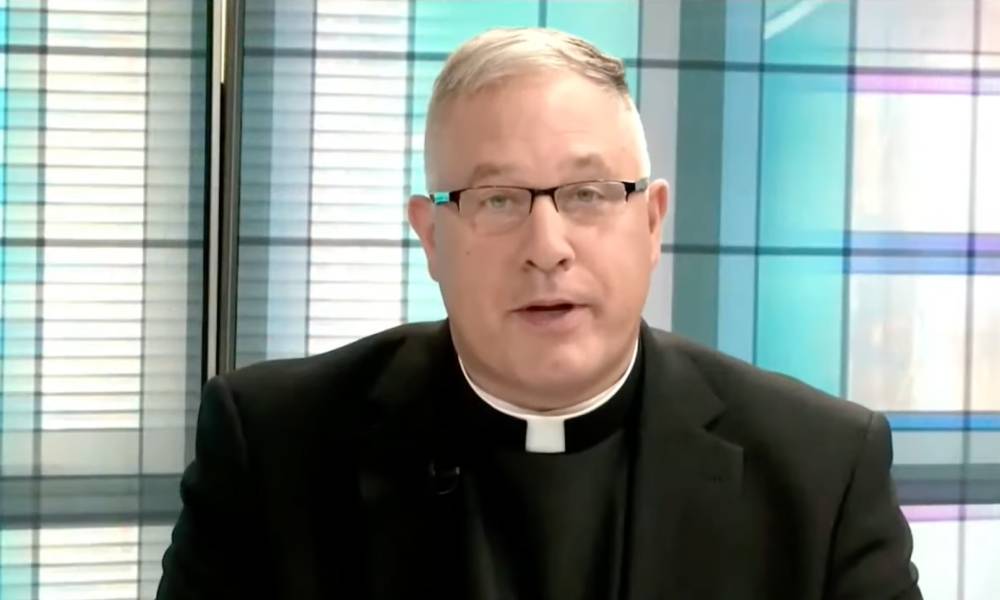Catholic group spends millions hunting priests who use gay hook-up apps

American Catholic group spends millions to ‘out’ gay priests using hook-up apps (Getty Images)
A Catholic group in Colorado has reportedly spent millions to identify gay priests who use hook-up and dating apps.
The conservative, not-for-profit group, Catholic Laity and Clergy for Renewal (CLCR), are said to have spent at least $4 million (approximately £3.3 million), to find priests who used gay dating apps, and shared the data with bishops across America, the Washington Post reported.
The data spans from 2018 until 2021, and was taken from numerous apps, including Grindr, Scruff, Growlr, Jack’d and OkCupid.
The Washington Post reported that it was “not clear” what kind of impact the move will have, but that some priests could be held back from promotions or be forced to take early retirement.
Participants in the project were also said to be involved in the outing of Monsignor Jeffrey Burrill, a prominent Catholic pastor, in 2021.
Burrill stepped down from his role as secretary general of the United States Conference of Catholic Bishops in July 2021 after Catholic news site Pillar said it had mobile-phone data showing he had used gay hook-up apps and visited gay bars and bathhouses. The news outlet did not say from where it had obtained the information.
“The power of this story is that you don’t often see where these practices linked to a specific person or group of people. Here, you can clearly see the link,” Justin Sherman, a senior fellow at Duke University’s public policy school, told the Washington Post.
He added that data privacy laws in the US are limited, claiming: “You can count them on one or two hands.”

In an story published on Wednesday (8 March) on the blog First Things, CLCR’s president, Jayd Hendricks, said that he is “proud to be a part of” the group.
“After all, data is used by all major corporations, so why not the church?” he wrote.
He added that the group had not singled out gay priests.
“As part of our data analysis work, we learned that some clergy were publically advertising their interest in actions that contradicted their promises of celibacy,” Hendricks wrote.
“It should be noted that these sorts of hook-up apps are designed specifically for casual, anonymous sexual encounters. It’s not about straight or gay priests and seminarians, it’s about behaviour that harms everyone involved.”
Hendricks claimed that the data use and sharing had been done “within the boundaries of the law”, and that they had a policy of mandatory reporting to law enforcement “should we discover any illegality, like abuse of minors… thankfully, we did not discover any such cases”.
He added: “We were meticulous to ensure that we were doing things by the book.”

